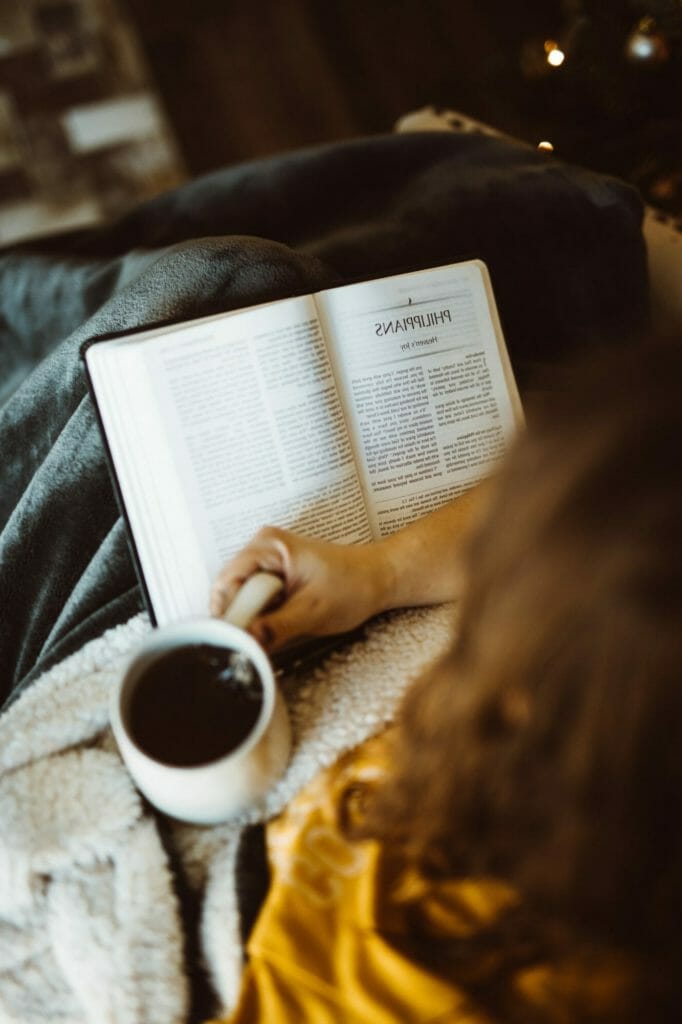
It’s the end of the day and you’re lying in bed ready! Ready for that all-consuming heavy, drowsy feeling to take over, longing for that in-between state-of-dream vs reality but… nada. You can count an entire heard of sheep but your brain just won’t switch off. This is the reality for many of us, especially during lockdown.
As Mathew Walker, author of Why We Sleep, says it best, ‘sleep is our superpower’ and lack of it can affect our body in ways that seem beyond real.
Routinely sleeping less than six or seven hours a night demolishes your immune system, more than doubling your risk of cancer. Insufficient sleep is a lifestyle factor determining whether you will develop Alzheimer’s […] and increases the likelihood of cardiovascular disease.
M. Walker, Why We Sleep
The purpose of sleep is still widely misunderstood and has remained a scientific black hole for years, but one thing’s for sure; we need sleep to function normally. So here are a few simple tips to bear in mind next time you’re staring at the ceiling counting sheep.
Routine, routine, routine

Instilling a healthy bedtime routine is key to any child’s upbringing but we don’t often carry this habit into our adult life. Creating a wind-down routine is the secret to restful, peaceful and rejuvenating sleep.
– Hit the sac at roughly the same time every night and finish your daily tasks two hours before that.
– This decompression time is made for relaxation. Take a shower or bath to slow your body down. Read, listen to music or a podcast and begin the wind-down process.
– Enter a no-screen zone 30-60 minutes before sleeping. Electronic devices such as phones and laptops stimulate our minds and slow down melatonin production. Melatonin is the sleep hormone, a sort of time cue that eases the transition between wakefulness and sleep.
As we slip into a healthy evening routine our mind soon tunes in with our body, knowing when to expect sleep.
Can’t drift off? Stay up

The only thing worse than feeling wired at 11pm, when you’re willing yourself to sleep, is being wide awake at 3am, trying your best not to obsess over the time. At this point beauty sleep is out the window, the clock is ticking and dawn is on the horizon.
Tossing and turning will only amp-up anxiety, so if you can’t sleep, don’t force it.
– Get-up, leave the bedroom and do something relaxing such as reading, showering or drinking herbal tea. This will distract your mind from spiralling thoughts and it will press the reset button.
Remember that regularity is really important, so no matter what time you nod off, support your biological clock by getting up at the same time every day, including weekends.
One breath at a time

On the edge of sleep, your heart rate and breathing naturally slows but you can also induce sleep by slowing your body down first.
Give Progressive Muscle Relaxation a go. PMR is based upon the premise that mental calmness is a natural result of physical relaxation. It is an all-rounder, useful in pain and stress management, and also insomnia.
This technique involves progressively moving up the body by tensing a group of muscles as you breathe in and gently letting-go as you breathe out. Read our detailed blog on PMR here.
Voice your worries

Kids aren’t the only ones scared of monsters creeping out at night. Once the lights go out, it’s easy for the mind to spin out of control, going from one tangent to the next. At night our thoughts can seem much darker than they did in the day. We replay things we did or didn’t say, moments that didn’t go to plan, or we forecast an unpredictable future. This is the case for many of us in the Covid-19 outbreak and it’s a very human response. In fact, it’s been reported that many people experience panic attacks between 1:30 and 3:30am.
Has anyone ever mentioned that if you tell them your nightmares they won’t come back again to haunt you? There is a certain truth in this. The idea is to give voice to your worries by either saying them aloud or writing them down. This will bring clarity to the jumbled thoughts in your head and relieve some of the anxiety associated with them.

Lavender
You know the scent when it hits you – earthy, herbal, sweet and floral. It instantly promotes the feeling of relaxation.
Lavender has been widely used in history as a gentle sedative to treat restlessness, nervousness and sleep disorders.
There are many ways to benefit from lavender’s soothing properties. Try adding lavender essential oil to your bath or sleeping with a lavender bag near your pillow. By adding this scent to your wind-down routine, you’re brain will automatically associate it with a time to sleep.

